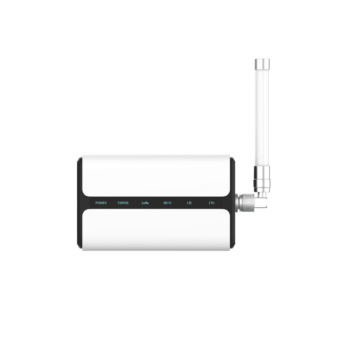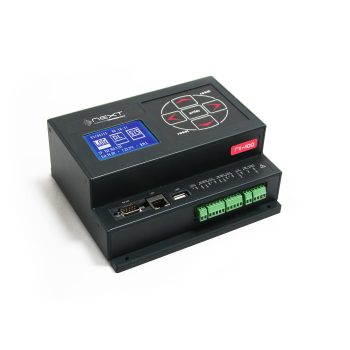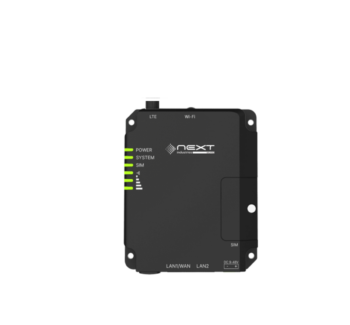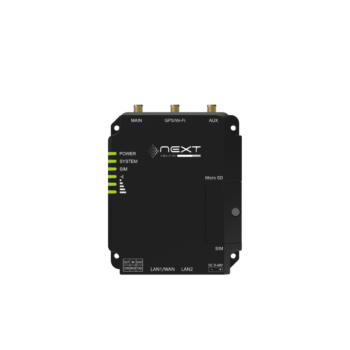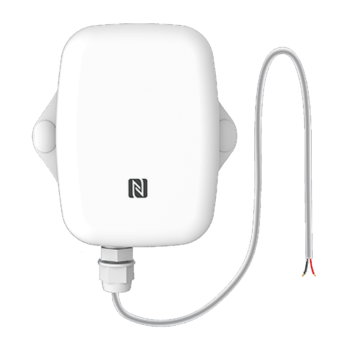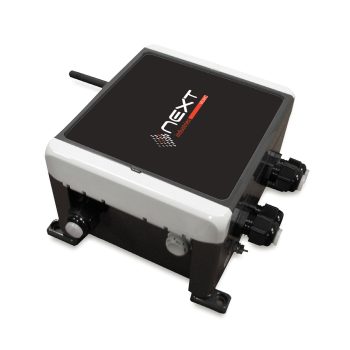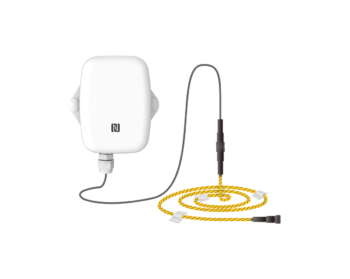The Importance of Smart Water Systems to Face Everyday Challenges
The implementation of smart water systems are imperative to address the deteriorating quality of available water resources. The current situation is worsened due to limited portable water resources, escalating populations, urbanization encroaching on rural areas, and the overexploitation of marine resources for salt extraction. Consequently, an intelligent water monitoring system is indispensable to continuously assess and monitor the quality of water.
Water quality detection is a fundamental aspect of environmental monitoring, encompassing the observation and analysis of various data samples. These samples include chemical conditions such as dissolved oxygen, nutrient levels, metallic components, oil contamination, pesticide content, and sediment levels. Additionally, physical conditions like temperature, flow rate, sediment concentration, and the potential erosion of stream banks and lake shores are considered. Furthermore, biological conditions, including the abundance and diversity of aquatic plant and animal life, are also monitored.
Smart water monitoring systems play a critical role in the monitoring of water quality due to the numerous challenges we face, such as limited portable water resources, population growth, urbanization in rural areas, and excessive exploitation of marine resources for salt extraction. These factors have significantly contributed to the deterioration of the available water quality, making continuous monitoring essential. Water monitoring, which falls under the wider scope of environmental monitoring, involves the systematic observation and analysis of various data samples about chemical, physical, and biological conditions.


